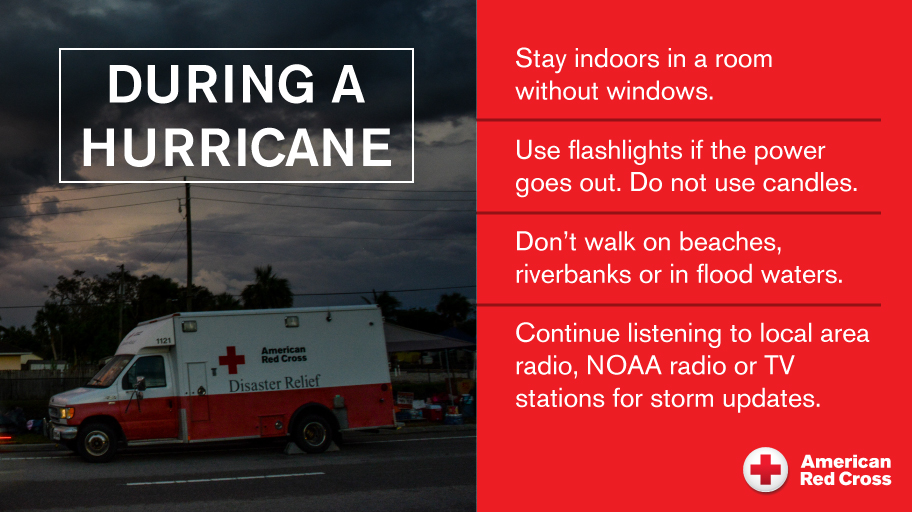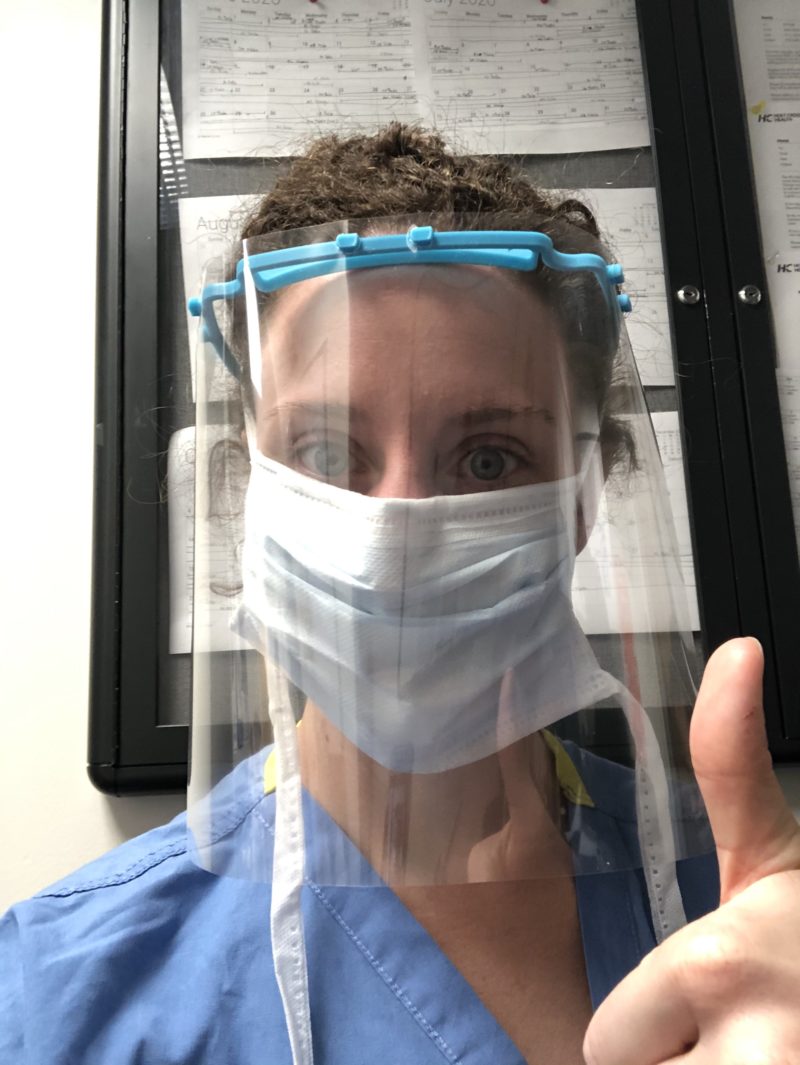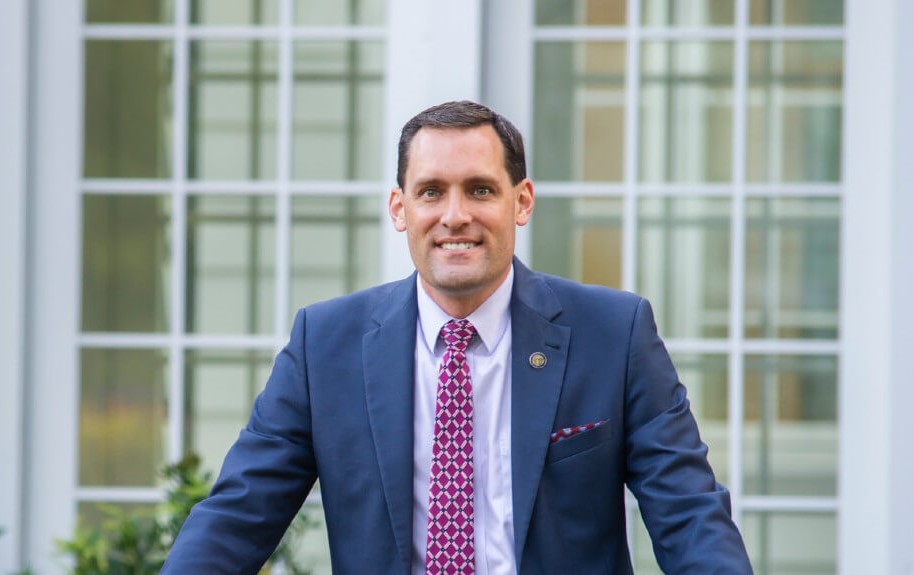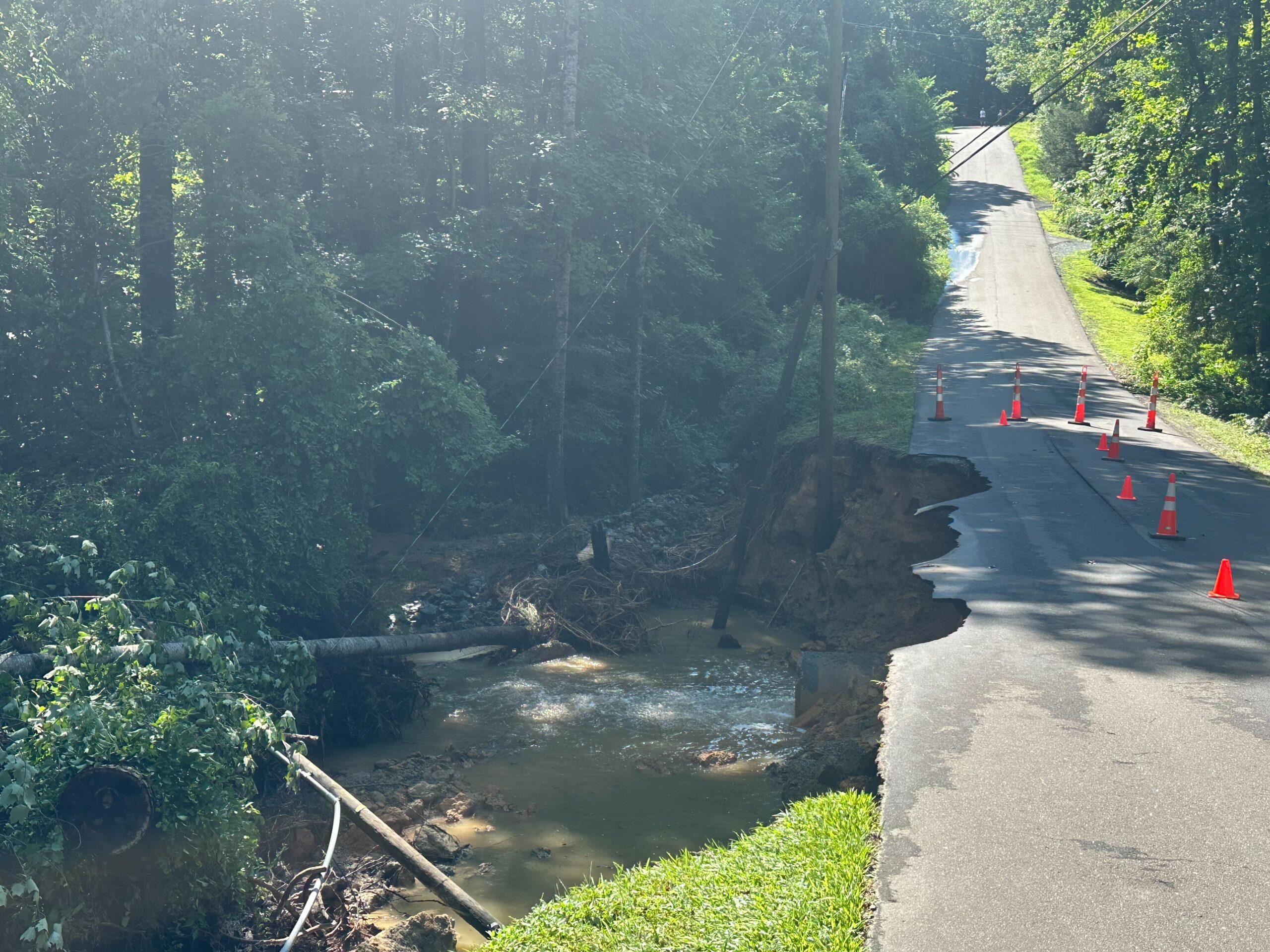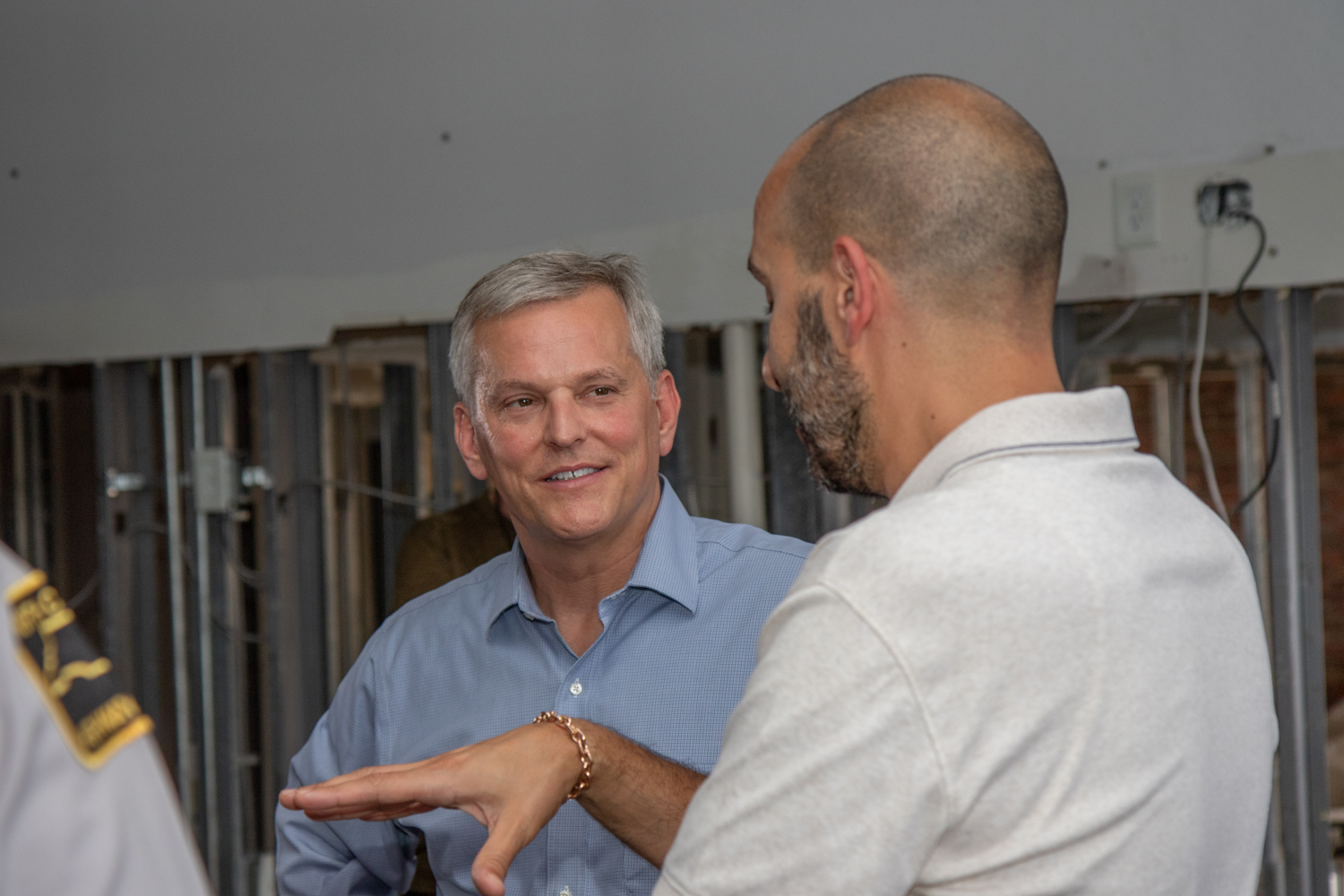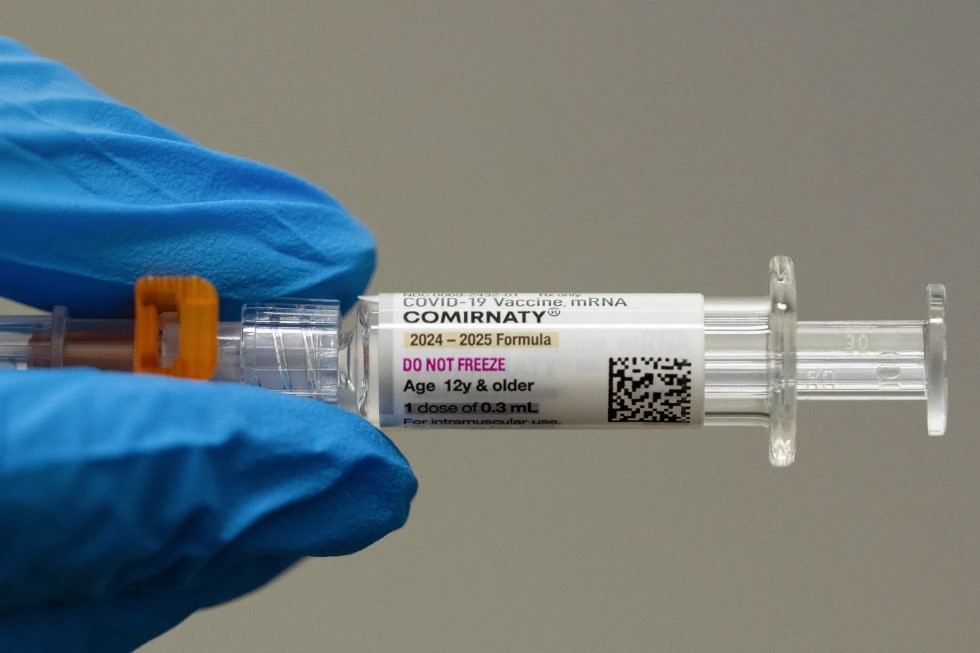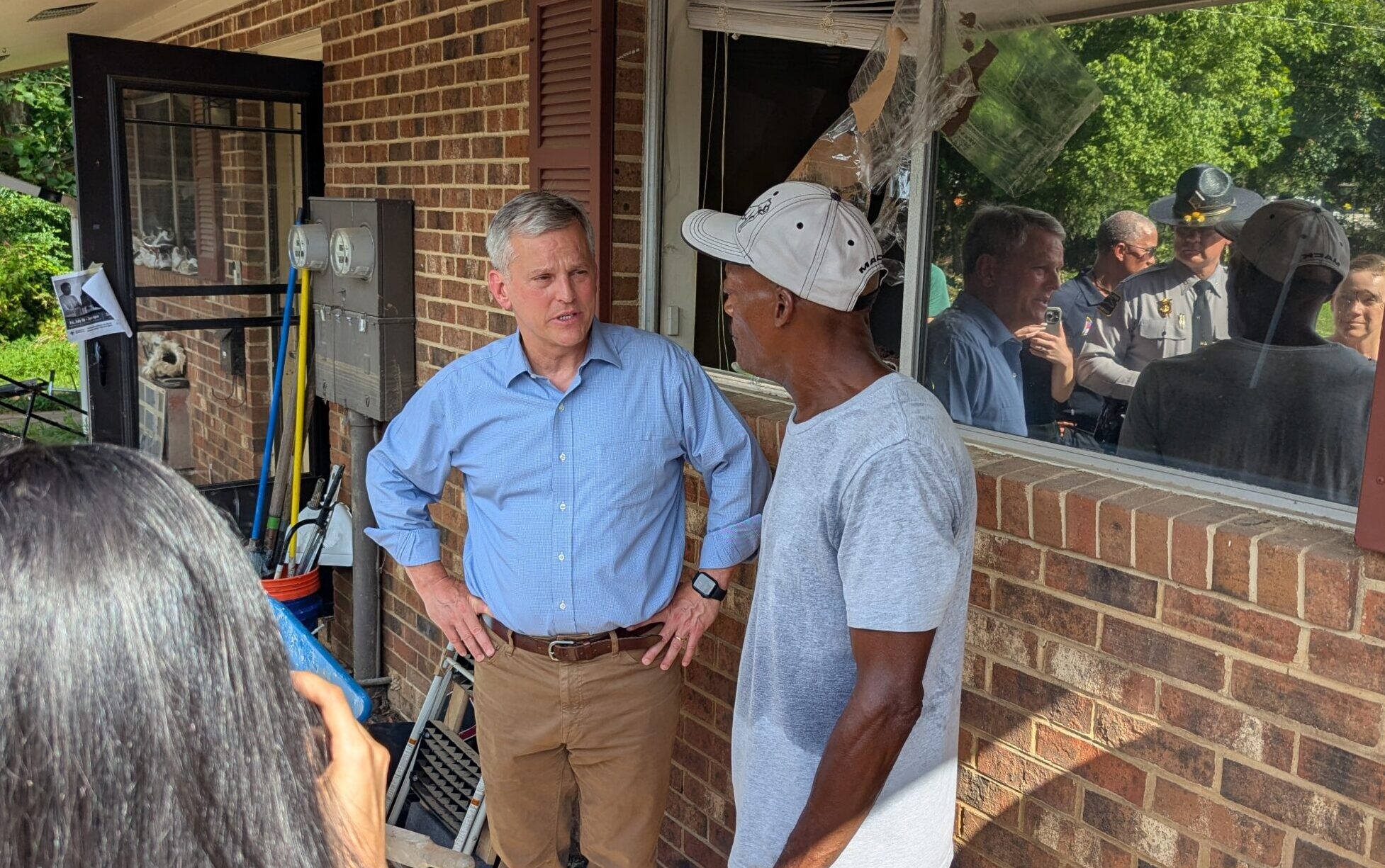The American Red Cross closely monitored Tropical Storm Isaias and its potential impact on North Carolina. Because of COVID-19, getting prepared looked a little different than in other years.
Barry Porter is the Eastern North Carolina Regional CEO for the American Red Cross. He said the Red Cross has been working and providing their services throughout the pandemic – and that has taken a lot of procedural adjustments.
This means educating their volunteers on what it will be like to work in a COVID environment and who needs to be working with people face-to-face and who can provide services virtually.
Porter said while the Red Cross is trying to limit the amount of congregate shelters they need, because of coronavirus concerns, when it comes to large-scale events like hurricanes, more people are in need of a safe haven.
“What we realized in a hurricane, because the scale of a hurricane and it’s geography is so important in terms of the number of people it will impact, we know that we must still have those congregate shelters because people need to be safe,” Porter said. “But when they do come, then is when we have to have the new protocols.”
Porter said these new protocols include temperature checks, mask wearing, health screenings, sanitation stations, isolation areas and reducing the number of people allowed in a single shelter – which means more shelters may be required now than in the past.
He said the number of people that need a safe place is now even greater as staying with family and friends might not be a viable option during the pandemic and hotels might be far too expensive.
“So we know from these large scale events that we need to create non-congregate opportunities as well as what we’re calling ‘congregate sheltering,’ and that’s the traditional set up a lot of cots, set up feeding supplies and put staff and volunteers in a school, church or gymnasium and then have evacuees come to those locations to be safe from severe winds and flooding,” Porter said.
Porter said once the Red Cross learned about COVID-19 they have been planning for these large-scale events, setting new protocols, gathering supplies and training volunteers.
“So all of this is trying to prepare the best we can and then be flexible – especially in this COVID-19 environment,” Porter said. “When families come to us seeking shelter, we have to assure that our volunteers are safe and that the client coming to us and those other clients are also safe.”
Porter said if the coronavirus pandemic had initially become widespread in July versus early March, the Red Cross wouldn’t have had enough time to prepare and transition their protocols – and for that he feels grateful.
In their warehouse in the Triangle, the Red Cross has over 10,000 rolls of toilet paper – which is amazing. However, for those who want to donate, Porter said physical donations are not a priority right now as the Red Cross is concerned about what they are taking in and who is touching supplies.
Instead, he asks that the community donate to a charity, Red Cross or otherwise, whom they know is providing direct relief. The community is also encouraged to volunteer or donate blood if they are able. Porter said the Red Cross especially needs those who are able to work in a pandemic environment.
“As a volunteer organization, we too are learning going through this process with everyone in our community,” Porter said. “We want to be able to be the provider of a safe response, a safe place, a safe shelter should someone need it. Don’t risk your life by staying somewhere unsafe if you can come to a shelter and be safer.”
For more information on Red Cross volunteer opportunities, click here.
Lead photo via the American Red Cross.
Chapelboro.com does not charge subscription fees. You can support local journalism and our mission to serve the community. Contribute today – every single dollar matters.

